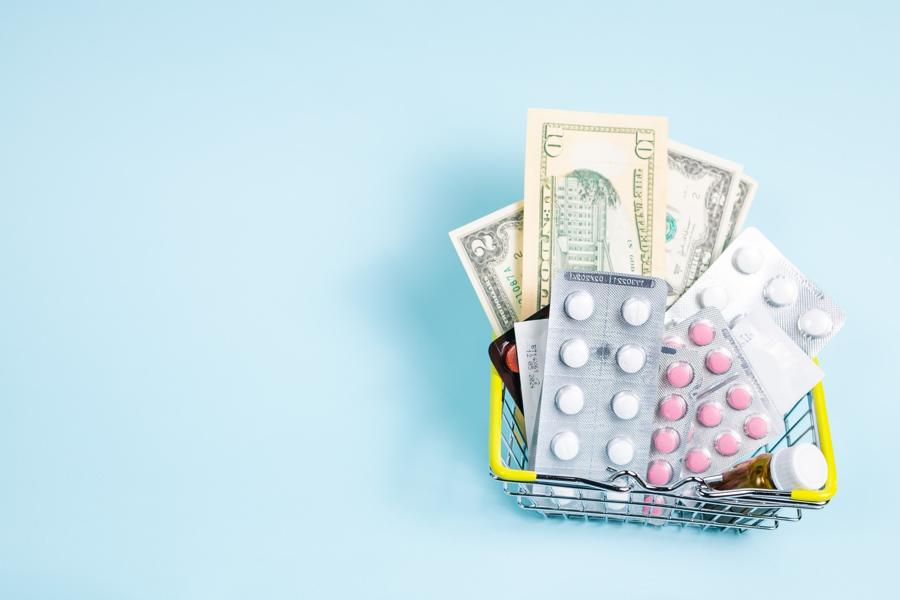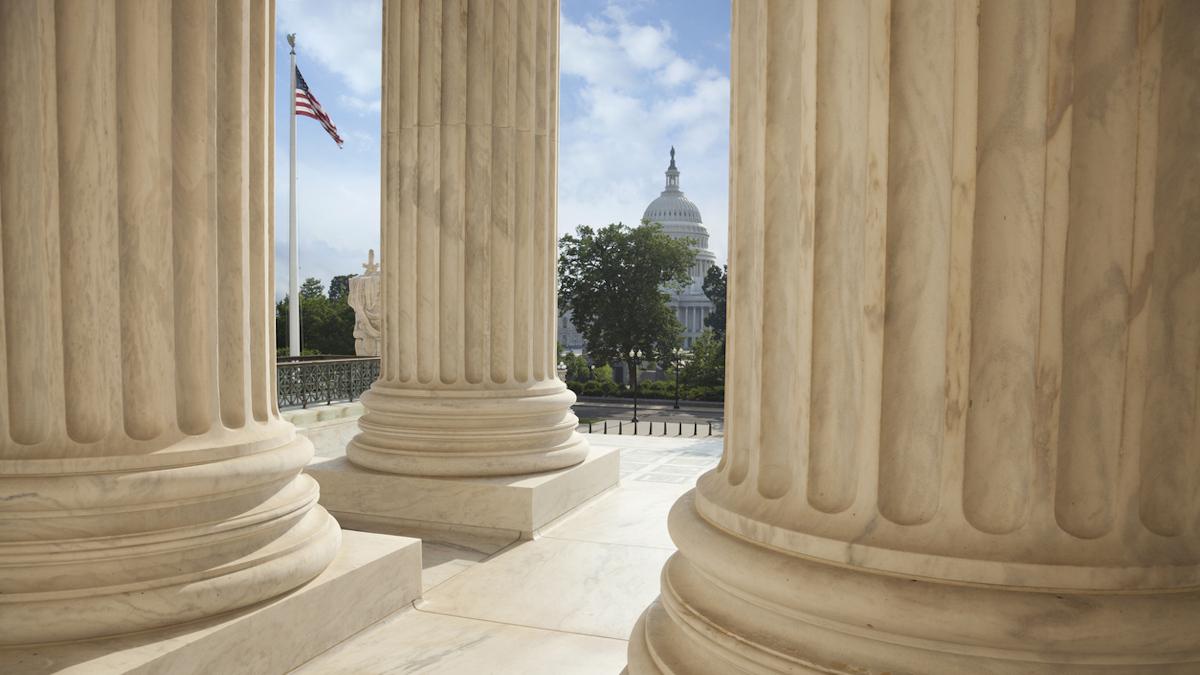CMS extends list of drugs with penalties for price hikes

In a new update, the US government has more than doubled the size of the latest list of medicines subject to enforced rebates if their prices rise higher than inflation.
The original version of the list compiled by the US Centers for Medicare and Medicaid Services (CMS) covered 27 drugs, which was reduced to 20 a few weeks later with some prominent new therapies, including Gilead Sciences' CAR-T therapies Yescarta (axicabtagene ciloleucel) and Tecartus (brexucabtagene autoleucel) for blood cancers, taken off.
The latest list stands at 43 medicines, with some of the additions including Seagen’s Adcetris (brentuximab vedotin) for lymphomas, Amgen’s leukaemia therapy Blincyto (blinatumomab), and Amgen/AstraZeneca’s recently-approved severe asthma therapy Tezspire (tezepelumab).
Amgen has been hit particularly hard this time around, with four other therapies on the list, including its $3.6 billion osteoporosis therapy Prolia (denosumab) and Kyprolis (carfilzomib) for multiple myeloma.
It’s possible, however, that the list may be revised again, as there is a comment period to allow discrepancies in the data to be highlighted and addressed.
All the medicines come under Medicare Part B, which covers drugs administered to older patients in physicians’ offices or hospital outpatient departments. The list of medicines in line for rebates is updated each quarter, according to the legislation, and any manufacturer that fails to pay the rebate will be fined 125% of the rebate amount. The demands for the first round of rebates will arrive at drugmakers in 2025.
The list is one of the measures introduced in President Joe Biden’s controversial Inflation Reduction Act (IRA). Aimed at reducing US spending on medicines, it requires drug companies to pay rebates if the prices of medicines on the list rise faster than inflation.
Another measure in the IRA – which gives Medicare the power to negotiate drug prices – has already sparked a legal challenge by Merck & Co. Other companies, including Biogen, are reportedly considering lawsuits also.
In a statement, the department of Health and Human Services (HHS) said people who take the drugs on the latest list could save between $1 and $449 per average dose between 1st July and 30th September, depending on their individual coverage.
The HHS has also published new research on Part B, which it said has shown that much of the increase in spending between 2008 and 2021 came from a “small number” of drugs – including biologics and specialty therapies in oncology, ophthalmology, and rheumatology – with 20 drugs accounting for half the total.
The amount rose 89% to reach $33 billion in 2021, accounting for 27% of total drug spending by the federal programme, and 6% of the US’s overall drug spend.
Earlier this month, the pharma industry-backed Partnership for Health Analytic Research (PHAR) published its own report suggesting that the price-setting provisions in the IRA will hamstring R&D into new medicines, particularly small-molecule therapies for cancer, which can now be selected for controls just seven years after approval.
Commenting on the latest list, CMS Administrator Chiquita Brooks-LaSure said the rebate system is “a critical way to address long-term price increases by drug companies.” Deputy administrator Meena Seshamani added that “people with Medicare will no longer have to worry about sudden out-of-pocket price increases when drug companies raise prices faster than the rate of inflation.”
Photo by Anastasiia Gudantova on Unsplash












